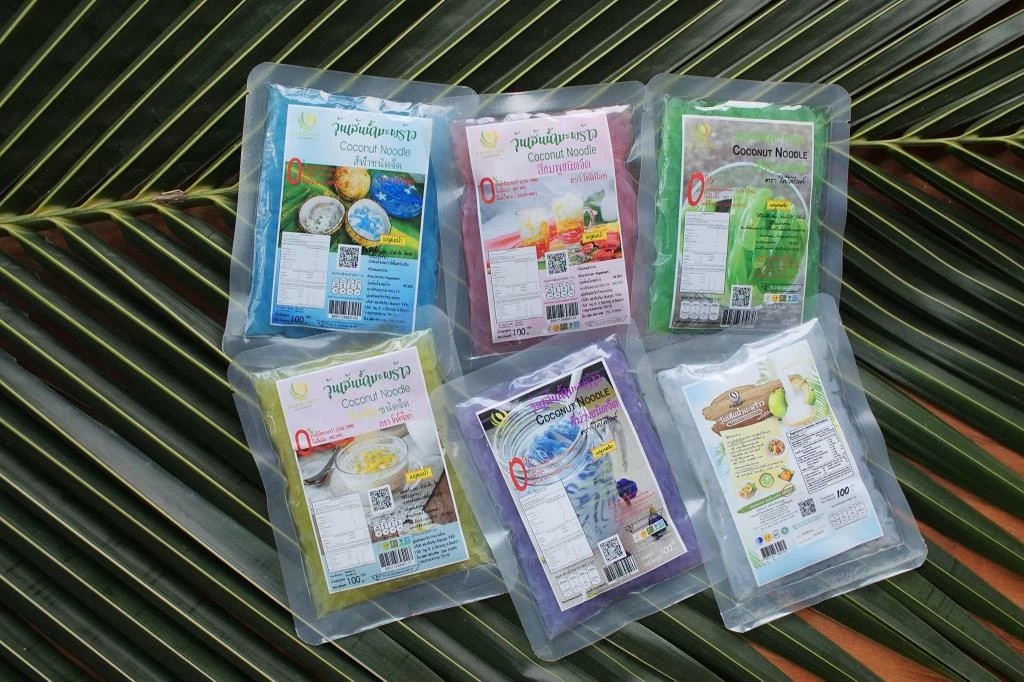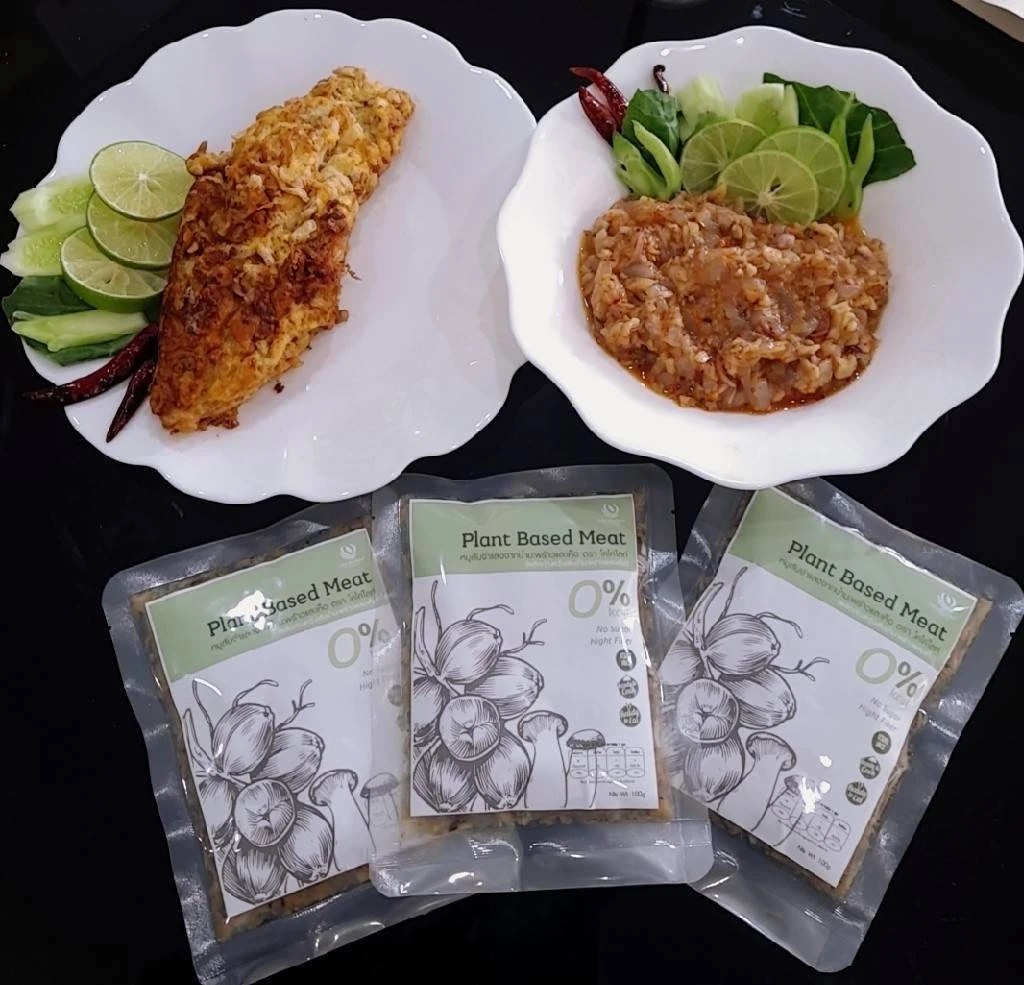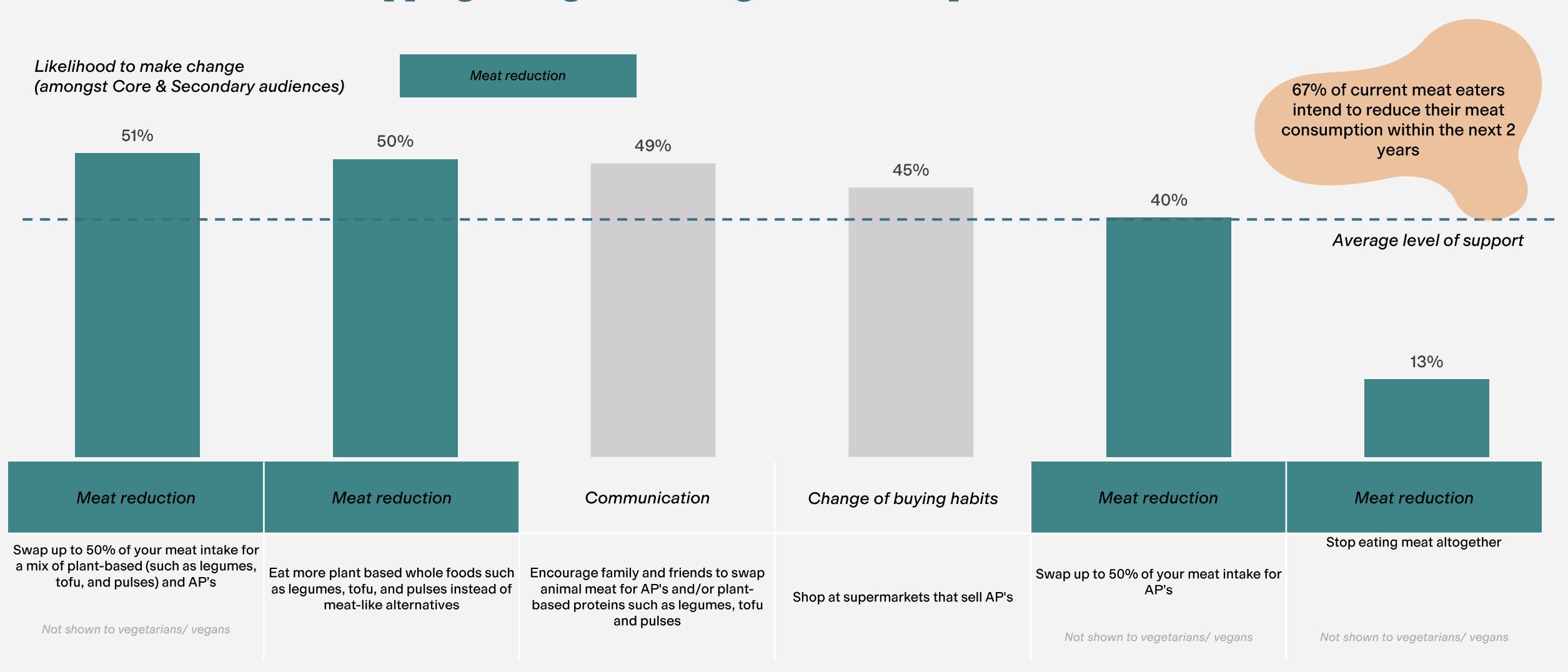
Backed by the Thai government, Sangtuptim Inter Co., a manufacturer of coconut-based products, has developed a plant-based pork analogue from coconut water.
A Thai company known for its coconut vermicelli has created plant-based meat using coconut water, as part of a government-led programme to promote the industrial economy.
Sangtuptim Inter Co. has developed the meat analogue under the Department of Industrial Promotion’s (Diprom) Reshape the Future policy. The product has won an award in the UK, and is said to represent a prototype for using innovation to increase the value of local food products.
Thailand is the 10th largest producer of coconuts globally, and has a burgeoning alternative protein sector marked by consumer enthusiasm for healthier products. According to Orasa Sangtuptim, managing director of Sangtuptim Inter Co., plant-based food has become popular in the country, with food safety, sourcing, and environmental impact being key considerations.
Treading international (coconut) waters

Diprom announced its Reshape the Future policy in January, with a view to keeping up with the changing economy, reshaping the country’s economic corridors, and increasing access to opportunities through investment. For 2024, the goal is to help over 18,000 entrepreneurs and create over ฿10B ($293.5M) in added economic value.
When it comes to the agriculture sector, the government agency plans to do so by promoting access to production technology, boosting value-added processing, and helping develop products that meet consumer needs – especially health-promoting plant-based foods.
Specialising in coconut products, Sangtuptim Inter Co. joined the Industrial Promotion Center, Region 8 scheme that looks to develop small and medium-sized enterprises, beginning with a coconut jelly and further innovating with fresh non-fat, sugar-free noodles made from coconut water, which can be served cold and hot.
The plant-based pork, meanwhile, is a mix of coconut water and king oyster mushrooms, and has recently been patented. As part of its international recognition, the product has received vegan certification in Italy, alongside the gold award at the International Invention and Trade Expo 2022 in London.
These products capitalise on the strength of local farmers in the Samut Songkhram Province, and elevate an agricultural raw material to a higher-value product through tech innovation. Currently, Sangtuptim Inter Co.’s products are sold locally, as well as in the US, Germany, New Zealand, Canada, and Norway.
Plant-based demand strong in Thailand

“Throughout our participation in the DIPROM programme, we have gained practical knowledge that can be effectively applied,” said Sangtuptim. “We received in-depth advice from experts that has been beneficial to our business, resulting in an annual revenue increase of over ฿2M ($59,000).”
While the Thai plant-based sector has grown by 61% in the last five years – expected to reach 45B in 2024 – it still faces its challenges. In June, the country’s Food and Drug Administration (FDA) published draft regulations suggesting a ban on meat- and dairy-related terms (such as ‘almond milk’, ‘plant-based chicken nuggets’, ‘Angus’ and even ‘clean meat’) on plant-based analogues.
But this comes amid increased willingness to shift to alternative proteins in Thailand. According to a 1,500-person survey published in January by Madre Brava, two-thirds of Thai consumers plan to stop eating meat in the next two years, and only 9% say they wouldn’t consume alternative proteins in that period.
Health and nutrition concerns are both the main consumption drivers and barriers – 57% find alternative proteins healthier than meat, but 47% say they’d rather eat whole foods given the amount of processing meat analogues go through.
Price is another major concern, with 47% also finding plant-based alternatives too expensive. That said, two in five Thai consumers are willing to swap half their meat intake with alternative proteins, while 51% would swap half their meat consumption with traditional plant proteins.

Meanwhile, Thai citizens want government action to support farmer transitions with new jobs (72%) and eco-friendly practices (69%). “If the government has a policy to seriously support the production of plant-based protein and alternative protein, both for domestic consumption and export, it would be able to correspond with the direction of both the domestic and export markets,” said Jacques-Chai Chomthongdi, Southeast Asia director at Madre Brava.
A product like Sangtuptim Inter Co.’s vegan pork – which uses locally farmed coconuts, offers health benefits, and promotes food security in a country where 10.5% of people face severe hunger every day – fits the bill.
The post Thai Startup Creates Plant-Based Pork from Local Coconut Water appeared first on Green Queen.
This post was originally published on Green Queen.